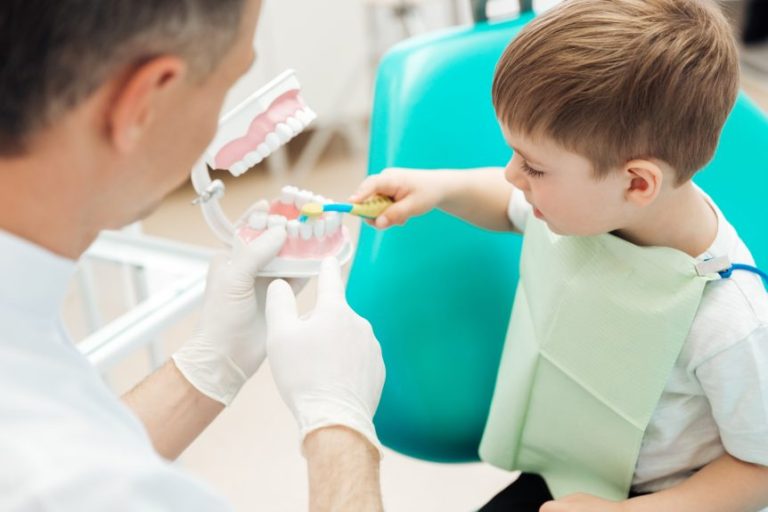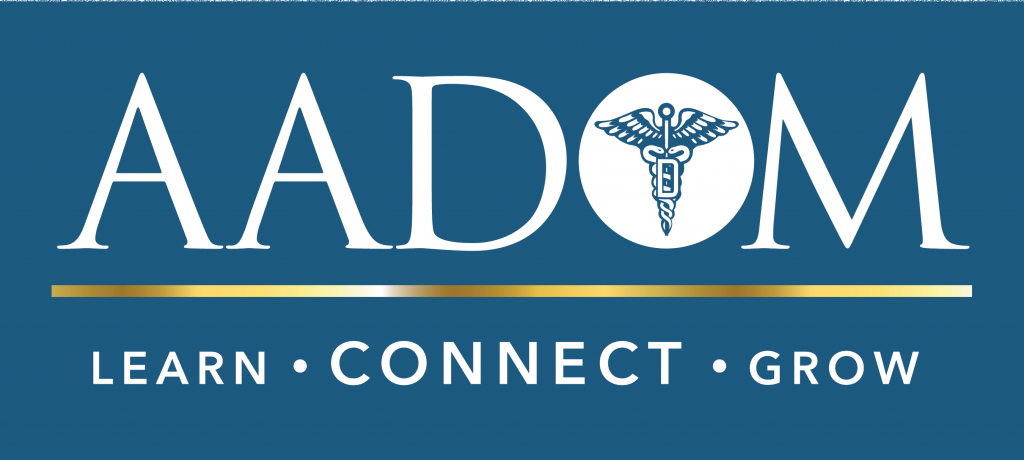
Maintain Good Oral Hygiene: Tips for a Healthy Smile
Proper oral hygiene habits play a crucial role in promoting both your oral and overall health. These habits actively contribute to the regular removal of dental plaque, which is a major cause of tooth decay and gum disease. Harmful bacteria residing in plaque can enter the bloodstream and lead to various illnesses and complications throughout the body. By adopting good oral hygiene practices, you can safeguard your well-being, save on costly dental treatments, and combat the confidence-denting issue of bad breath.
Maintaining Excellent Oral Hygiene: Essential Tips for a Healthy Smile
-
Brushing your teeth:
- Frequency: Brush your teeth when you wake up, before bedtime, and after consuming sugary or carbohydrate-rich foods.
- Technique: Hold your toothbrush at a 45-degree angle to the gums. Thoroughly brush back and forth across all surfaces of every tooth, including the tongue.
- Pressure: Instead of applying excessive force, prioritize longer, gentle brushing to ensure the removal of bacteria without causing harm.
- Tool: Use a soft-bristled toothbrush recommended by your dentist and replace it every three months. Opt for the toothpaste recommended by your dentist for maximum effectiveness.
-
Flossing your teeth:
- Method: Hold the floss securely with fingers from both hands and gently guide it between your teeth. Move the floss up and down while curving it around each tooth and beneath the gum line.
- Hygiene: Use a new section of floss for each tooth to avoid transferring bacteria and food particles.
- Frequency: Aim to floss with waxed floss at least once daily and consider using floss holders or wands for easier maneuvering.
-
Using mouthwash:
- Rinse: Integrating an antibacterial mouthwash into your routine can help eliminate residual oral bacteria after brushing and flossing. Rinse with an antibacterial mouthwash to remove any lingering harmful bacteria.
- Benefits: By doing so, you can protect against conditions like gingivitis and tooth decay.
-
Maintaining a nutritious diet:
- Diet: Adopt a nutritious diet that promotes strong, healthy teeth and avoids dental decay.
- Nutrition: Ensure your diet includes ample nutrition, vitamins, and minerals to fortify your teeth against harmful substances.
-
Regular dental check-ups and cleanings:
- Schedule: Schedule regular examinations and cleanings with your dentist to maintain optimal oral health.
- Professional care: Dentists possess specialized instruments, knowledge, and experience to handle situations that cannot be addressed at home.
- Benefits: Professional dental care can remove hardened plaque (tartar) and provide protective treatments, strengthening your teeth’s resilience against future bacterial attacks.
By adhering to a strict daily regimen of excellent oral hygiene habits, you can enjoy a healthier, more comfortable mouth and reduce the likelihood of experiencing bad breath, gingivitis, or tooth decay. Moreover, oral hygiene is not an occasional or convenient task; rather, it is a necessary commitment that yields worthwhile benefits for your well-being.
For more information about good oral hygiene habits, Contact Dentist in Louisville.






